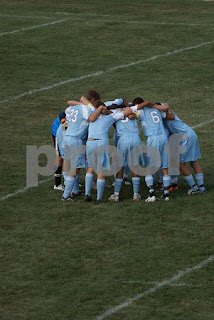This speech exemplifies a presidential address. The reason for this was for President Obama to let the nation know that Osama bin Laden had been killed. This speech does correspond with this occasion. He starts out with confirming that America’s enemy had indeed died and then goes into further detail on the horrific attacks on September 11, 2001 and why it was important to every American family. The president was very clear and spoke slowly so that everyone could understand what he was saying which is a good technique. The audiences of this speech are the many families that were affected by the tragic event caused by Bin Laden and the other American families. Obama does a good job of realizes this and shows sympathy toward them. He acknowledges their heartache and suffering. I know these people are the president’s intended audience because he explains their heartache and wants to let them know that they can breath a little bit better knowing Osama Bin Laden is dead. These people would have the most interest in this speech. All in all Obama is a terrific public speaker as he knows who his audience is and makes them feel important as well as talking slowly, not forgetting any facts, and he kept going even when he stumbled.
http://www.youtube.com/watch?v=ZNYmK19-d0U&feature=player_detailpage
Video from youtube.com


